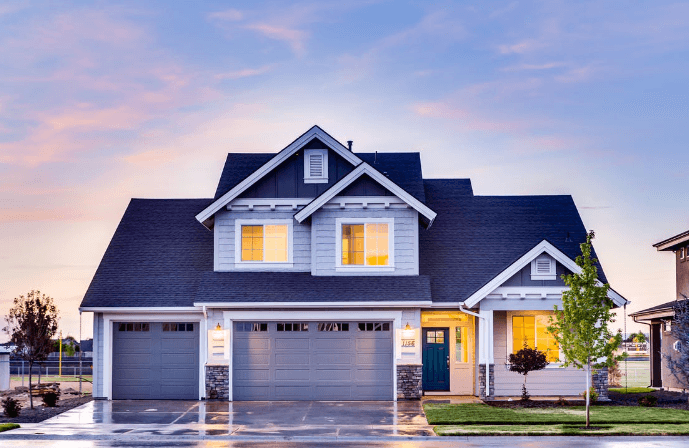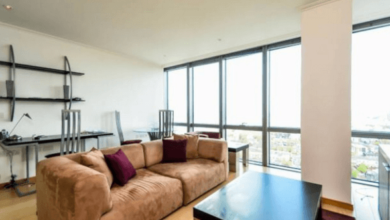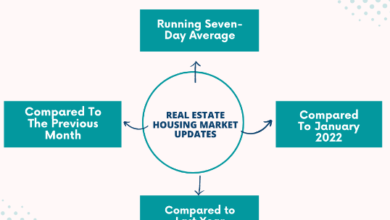Budgeting Tips To Consider When Buying Your First Home

Buying a home is one of the most significant financial decisions you can make; you’ll need to devote at least twenty years towards repaying your mortgage loan, and that’s not the only cost associated with owning a home.
Even so, owning a house comes with several appealing benefits. For starters, you’ll have the freedom to modify your property, invest in renovations, or even rent out the space for extra income.
But before you can start planning what you’ll be doing with your home, you’ll need to be absolutely certain you can afford the purchase.
So, we’ve rounded up some helpful budgeting tips for first-time buyers.
Browse Listing To Get An Accurate Idea Of Purchase Prices
Not all homes are the same, and prices can vary dramatically from one home to the next. With this, if you’re thinking about buying, it’s wise to view listings to get an accurate idea of the purchase price of homes you’d want to buy.
View homes for sale in North Carolina and other areas of interest. Once you know more or less how much your ideal home costs, you can use a mortgage loan calculator to determine accurate repayment estimates.
Weigh In The Costs Of Owning A Home
Once you have a realistic estimation of what you’ll need to set aside for your mortgage loan repayments, it’s essential to consider all the other costs as well.
You’ll need to pay home insurance, property taxes, utility bills, and budget for ongoing property maintenance and potential repairs.
While it’s pretty straightforward to determine the costs of insurance, property taxes, and utilities, maintenance and repair costs are a bit more complicated to calculate. The 1% rule of thumb suggests that you should budget at least 1% of the home’s purchase price for maintenance.
Moreover, you’ll also need to consider the age and current condition of the property for a more accurate estimation.
Saving For The Down Payment
In addition to affording the costs listed above, you’ll also need to set aside a down payment or deposit to secure the mortgage loan.
The general standard among lenders for mortgage deposits is 10% of the loan’s total amount. However, it’s wise to secure your chances of approval by saving 20% of the total amount.
Moreover, it’s also essential to have other substantial savings in your account to prove financial reliability. So, save your down payment aside from your regular savings.
The 28% Mortgage To Income Rule
The 28% rule suggests that your mortgage loan repayments should not exceed more than 28% of your income.
When creating a budget, consider the cost obligations in comparison with your monthly income and add in all of your debts to determine affordability.
Stick To Your Budget
Once you have defined a budget to purchase a home, it’s crucial to stick to the amount you can afford when house hunting.
Avoid browsing homes that don’t fit into your budget, as you might find yourself in a financial pickle later on. Even if you receive preapproval for a higher amount, it’s best to prioritize your budget.
If your spending deviates from your budget, ensure that the amount spent is lower and not higher. To achieve this, watch out for seasonal sales and discounts. For home improvement goods, time your purchases during sale events, and use coupons and promo codes for discounts.





